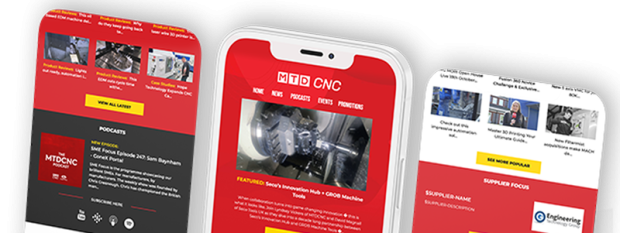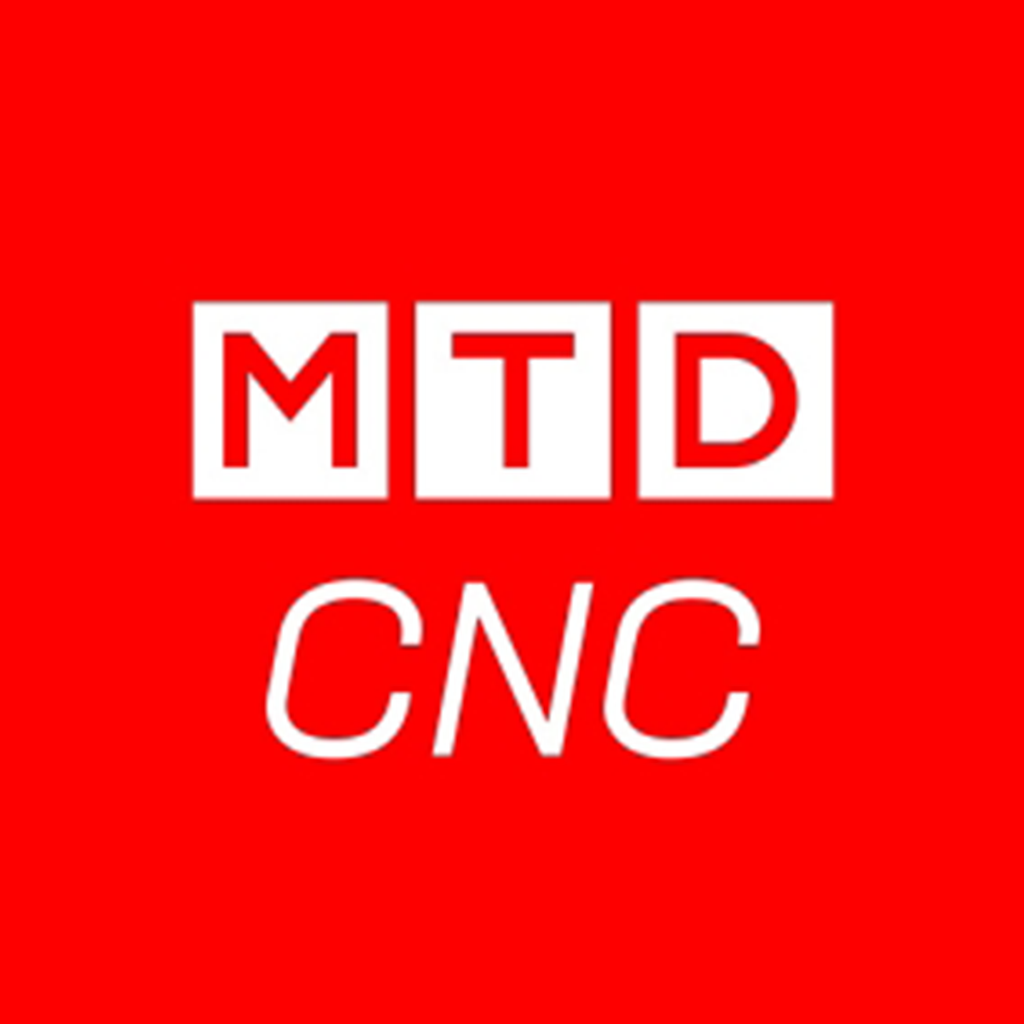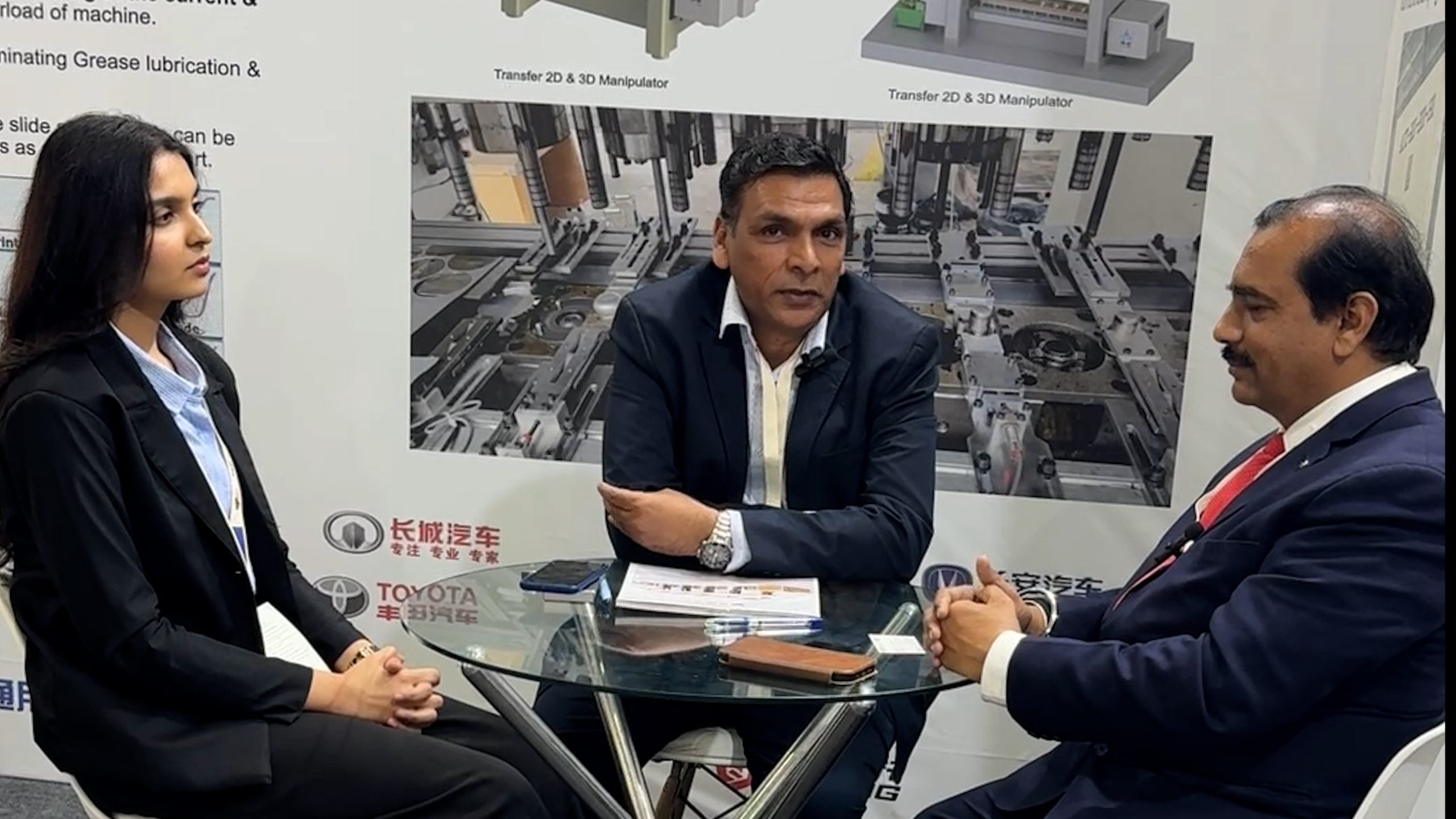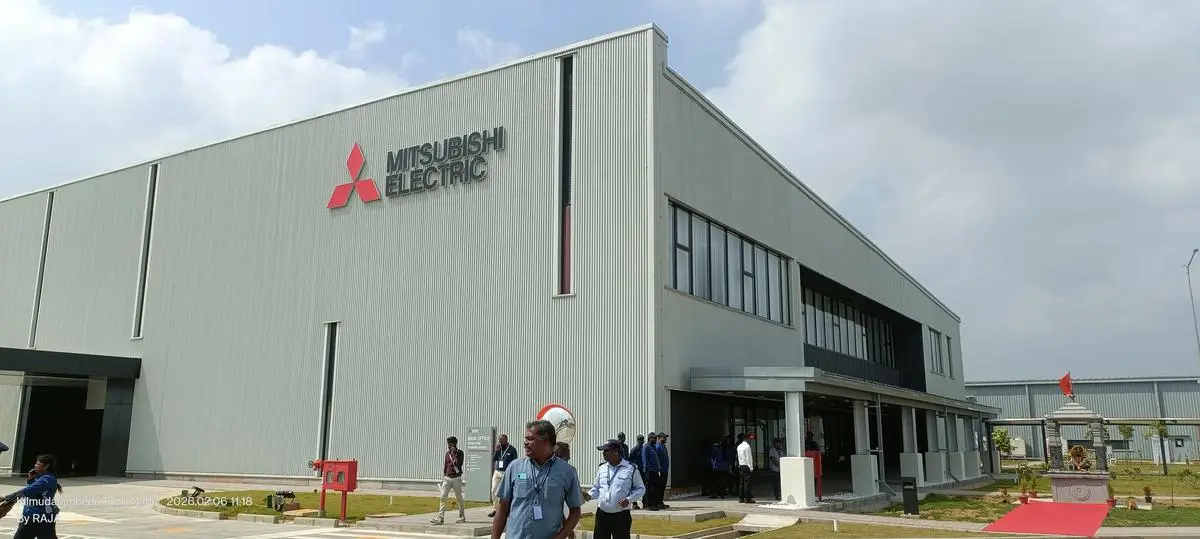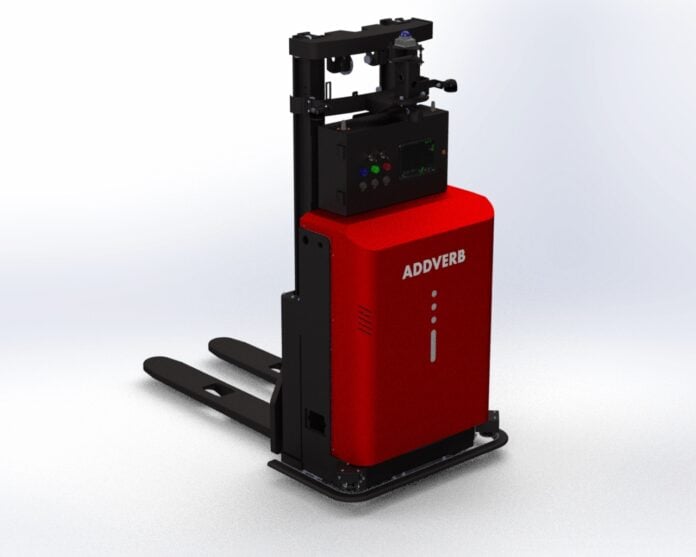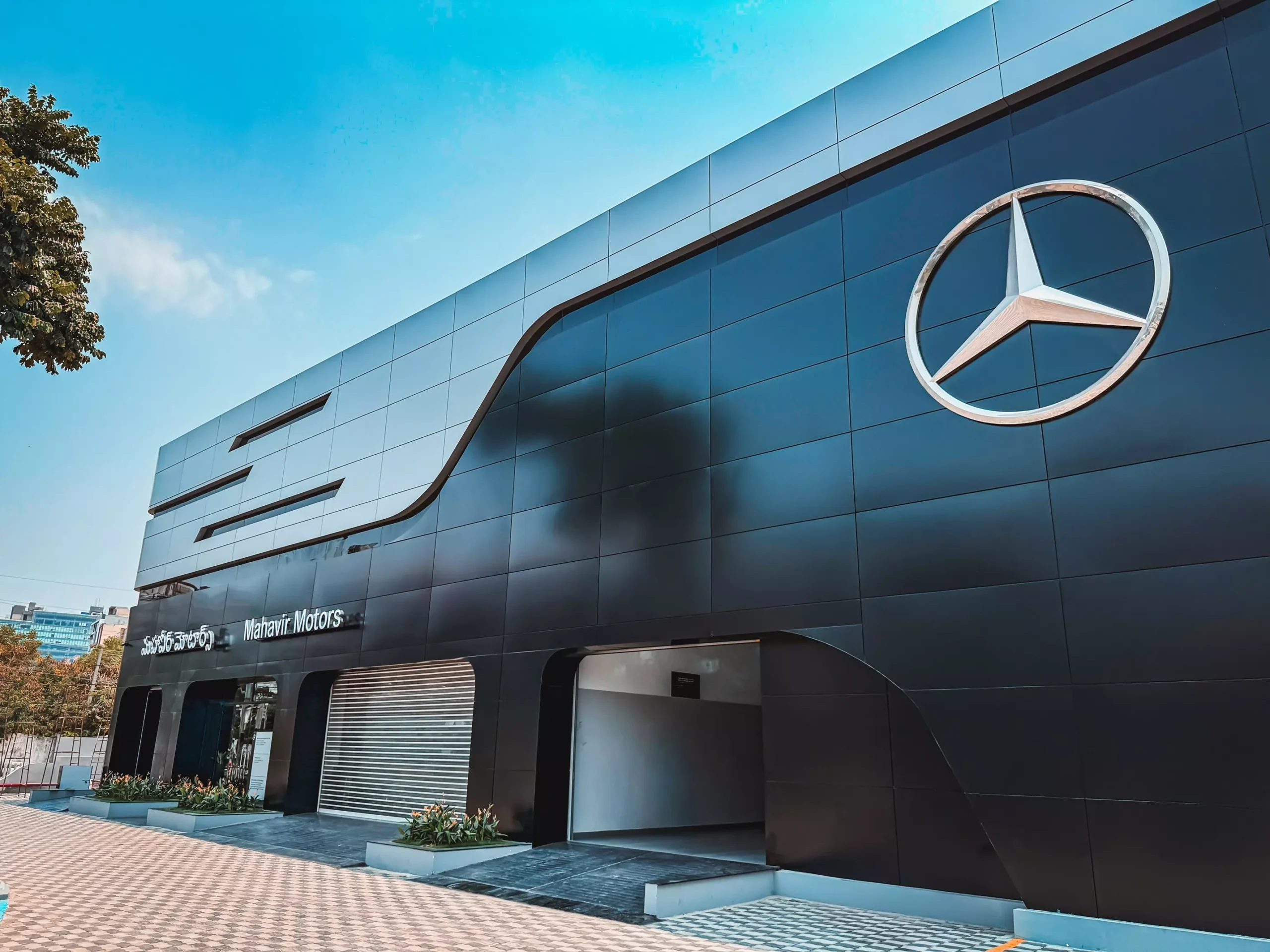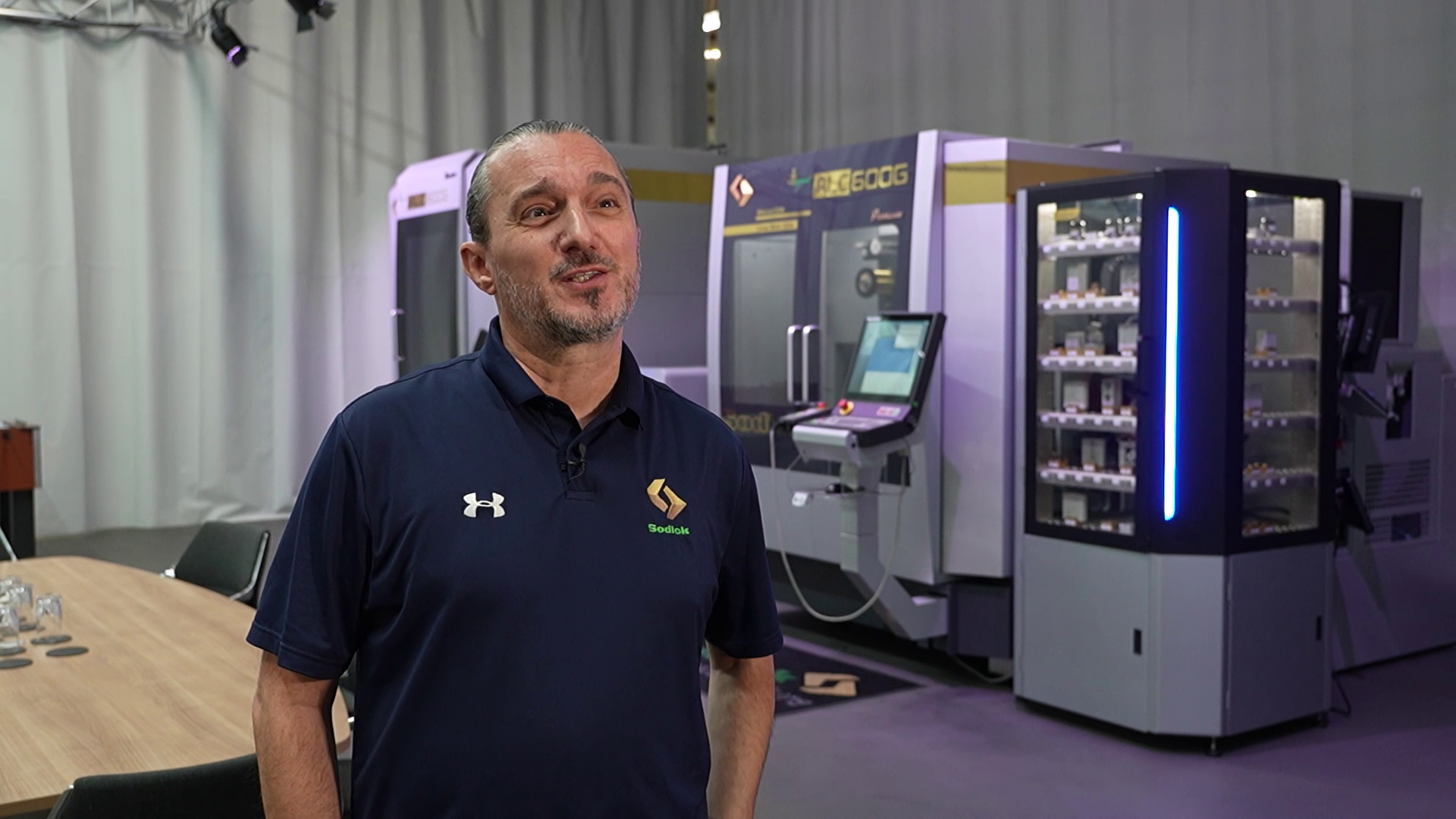

Modular systems have found their way into the lives of many people, from LEGO toys to IKEA furniture. In cutting tools, modular structures have proven their efficiency and various tool manufacturers have developed modular products popular with their customers. The main benefits of modularity are versatility and time savings. A modular concept facilitates the quick and easy building of an optimally customised cutting tool using an assembly of standardised elements. Hence, customers don’t have to order a costly, specialised tool. This concept contributes to reducing warehouse stock and diminishing inventory lists that cut manufacturing costs. However, the modular tool concept is not free of disadvantages.
 The main disadvantage is the decrease of rigidity, as an assembly is not as stiff as an integral product and the assembled structure may lose accuracy compared to a one-piece design. The customer is the only one that can decide the best tool for his needs based on production strategy, demands, or the immediate need for a tool. The cutting tool manufacturer should provide the customer with the means to make the correct choice and at the same time continue to develop modular products that achieve greater adaptability, rigidity, and accuracy. A glance at ISCAR’s modular cutting tools makes it possible to showcase the design features of a product. ISCAR’s FLEXFIT family of tools is based on using a cylindrical connection for centring and a general-purpose standard metric thread for securing. FLEXFIT has a wide variety of shanks, adapters and heads with indexable inserts, which are mostly used in milling operations, such as machining complex 3D surfaces, slotting and grooving. The shanks are made from steel and cemented carbide. The carbide shanks increase rigidity, which substantially reduces vibration, especially in long overhang applications. ISCAR’s MULTI-MASTER is a family of rotating tools with exchangeable heads comprising modular assemblies. The MULTI-MASTER features centring by a short precise taper, face contact and a thread profile. This enables a highly accurate and rigid connection that provides significant possibilities for modular tooling where elements include a range of shanks, extensions, adapters, and reducers, transforming MULTI-MASTER tools into powerful cutters.
The main disadvantage is the decrease of rigidity, as an assembly is not as stiff as an integral product and the assembled structure may lose accuracy compared to a one-piece design. The customer is the only one that can decide the best tool for his needs based on production strategy, demands, or the immediate need for a tool. The cutting tool manufacturer should provide the customer with the means to make the correct choice and at the same time continue to develop modular products that achieve greater adaptability, rigidity, and accuracy. A glance at ISCAR’s modular cutting tools makes it possible to showcase the design features of a product. ISCAR’s FLEXFIT family of tools is based on using a cylindrical connection for centring and a general-purpose standard metric thread for securing. FLEXFIT has a wide variety of shanks, adapters and heads with indexable inserts, which are mostly used in milling operations, such as machining complex 3D surfaces, slotting and grooving. The shanks are made from steel and cemented carbide. The carbide shanks increase rigidity, which substantially reduces vibration, especially in long overhang applications. ISCAR’s MULTI-MASTER is a family of rotating tools with exchangeable heads comprising modular assemblies. The MULTI-MASTER features centring by a short precise taper, face contact and a thread profile. This enables a highly accurate and rigid connection that provides significant possibilities for modular tooling where elements include a range of shanks, extensions, adapters, and reducers, transforming MULTI-MASTER tools into powerful cutters.
It is not by coincidence the NEOLOGIQ and LOGIQ include MULTI-MASTER heads with inserts. Specially designed adapters and FLEXFIT connections expand the application range for both families. For Turning operations, ISCAR developed a modular system that comprises round bars and exchangeable heads with indexable inserts. The bars and heads are assembled with the use of a serrated-face connection. The system was initially intended for boring, although when selecting a boring bar, the ratio of a required bar overhang to the bar diameter strongly influenced the choice of the right tool. There are three types of bar to cover the range of boring applications for overhang-to-diameter ratios up to 10. Steel bars enable machining with ratios up to 4 and cemented carbide bars facilitate boring with ratios up to 7. However, when machining where a higher overhang is required, the use of a stiffened carbide shank can be somewhat limited. Hence, for ratios 7 to 10, ISCAR developed an anti-vibration bar that significantly reduces and eliminates vibrations when cutting. Modularity provides an opportunity to configure a tool optimally. In today’s digital world, a way to achieve this is with a virtual CAM assembly. The digital twin representation based on ISO: 13399 standard becomes an integral part of the tool as a product, and leading tool manufacturers have already expanded their portfolios with appropriate virtual counterparts and instrumentation to work alongside. Modular cutting tools are increasingly common in the metalworking sector and feature a wide range of products for the success of small-to-medium run productions, die, and mould making.


